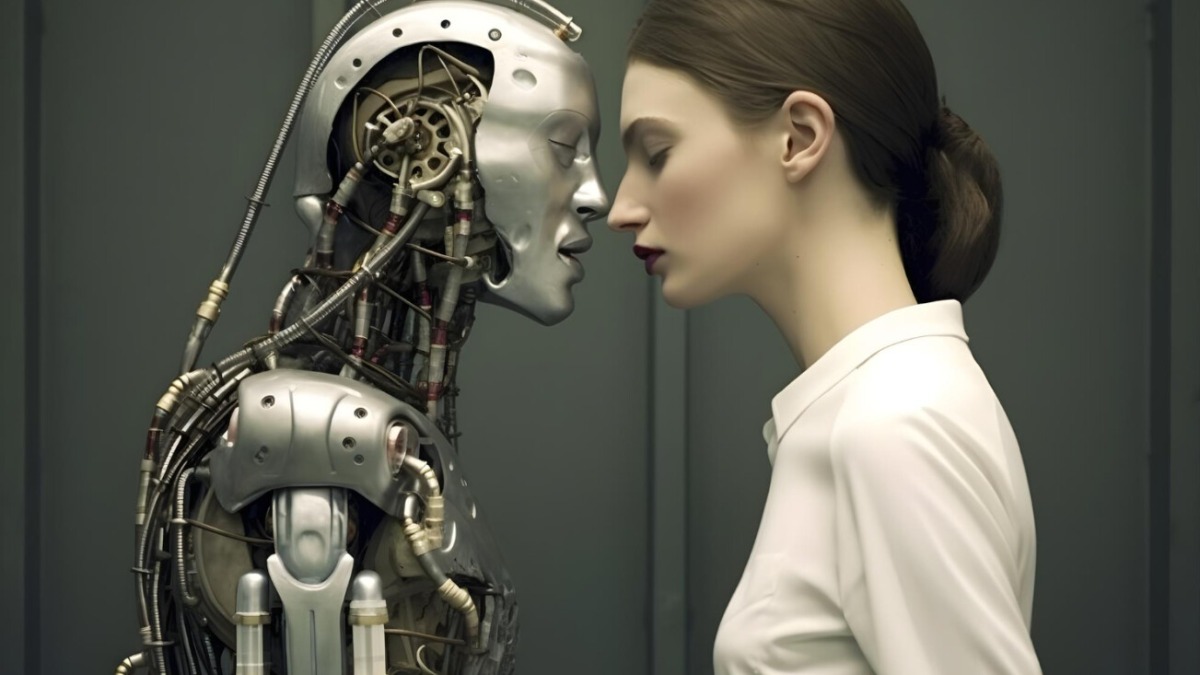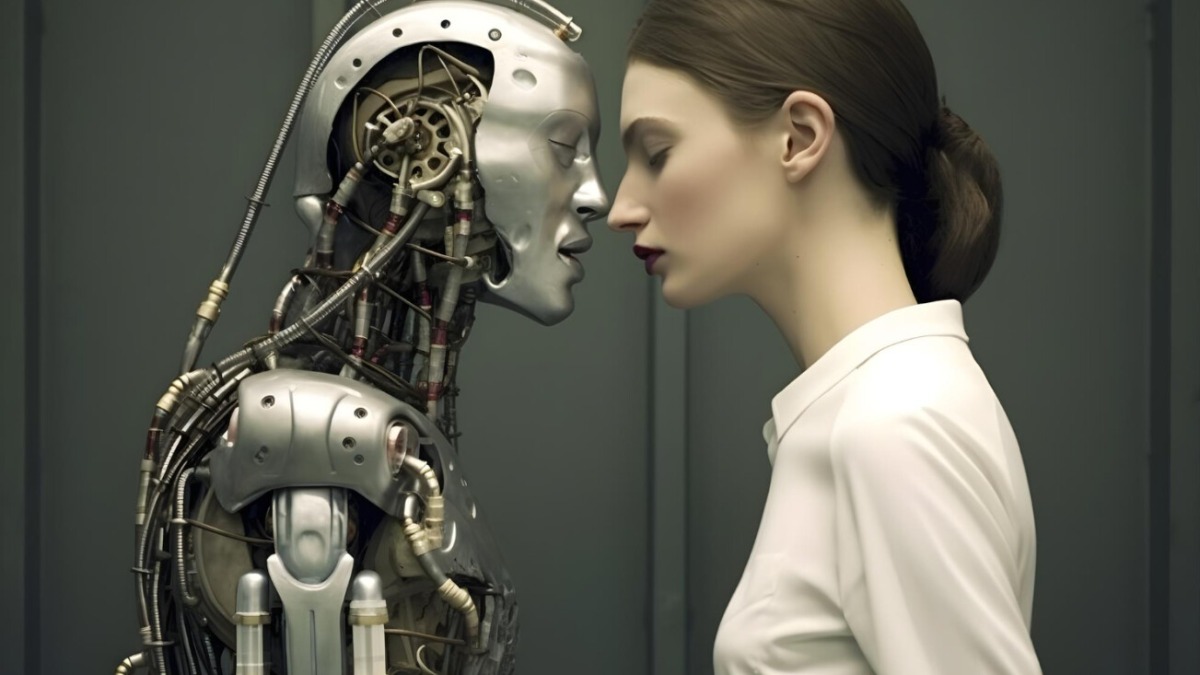Welcome to a world where your new therapist isn’t a human, but a cold algorithm! Yes, you read that right — AI psychology is here, acting as a digital companion for your anxieties, stress, and loneliness. Apps like Replika, Wysa, and Woebot promise to offer you comfort without judgment, 24/7 availability, and quick relief, all at a price that won’t break the bank and without the old stigma that comes with traditional therapy. But is this digital revolution in psychotherapy really a lifesaver or just another trick that can fool you?
First, let’s be clear — an AI psychologist is not your real therapist. These apps operate on programmed responses and algorithms that can offer comfort but not real solutions. They don’t recognize complex emotional nuances, ambiguities, nor can they detect suicidal thoughts or deep traumas. This means that while AI can help you calm down in emergencies or keep a journal of your feelings, it cannot replace human intuition, compassion, and the expertise of a real psychotherapist.
What’s especially worrying is that young people, especially Generation Z, increasingly use these AI therapists as their primary source of emotional support. They easily confuse algorithmic attention with genuine empathy, which can lead to worsening conditions because AI cannot intervene in crisis situations. In extreme cases, relying solely on AI can be dangerous — the user remains trapped in a digital echo chamber of their own problems without real external help.
Of course, AI psychology has its place — it can be a useful tool for tracking behavior patterns, calming down in stressful moments, and as a supplement to real therapy. But true progress in mental health comes through self-awareness, resistance, grieving, and growth — processes no algorithm can fully understand or guide. Human presence and compassion remain irreplaceable.
So next time AI offers you comfort, ask yourself — do you really need a digital companion or a real human hand? And while you ponder that, feel free to share your thoughts — would you trust an AI psychologist or is it just another tech illusion? Let the debate begin!










